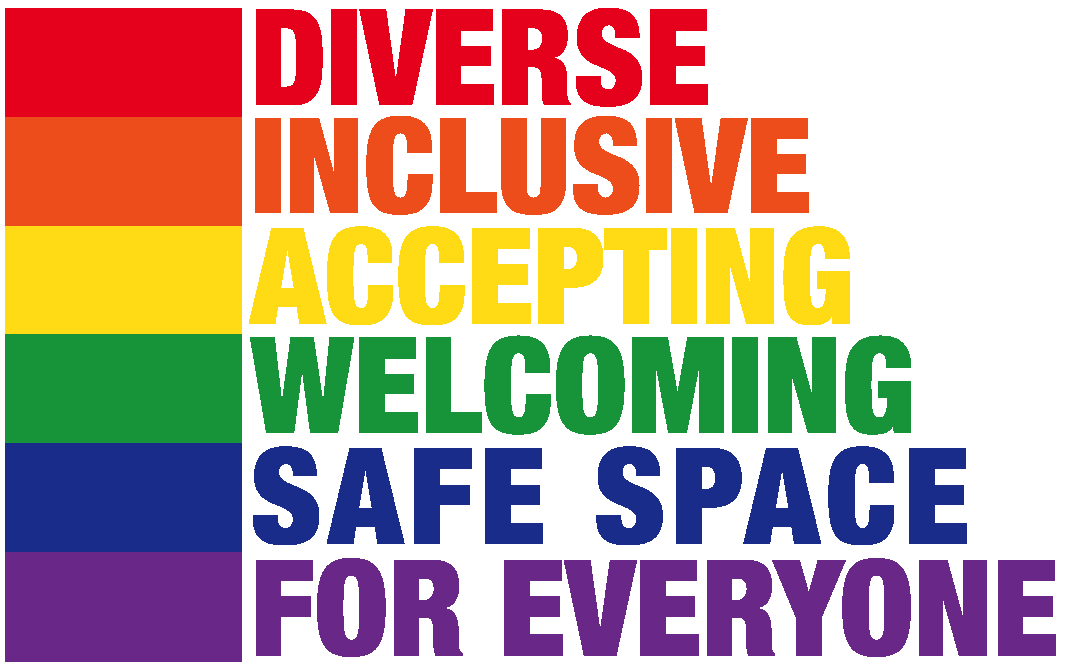Coping with Trauma & PTSD
Written by Amanda Sullivan, Registered Clinical Counsellor at Hollyburn Family Services.
Trauma & PTSD
PTSD and trauma-related symptoms can occur after a person has been directly exposed to, witnessed, or learned about a traumatic event. Traumatic events could include any kind of abuse or assault (physical, psychological, sexual), transportation accidents, unexpected death of a loved one, seeing someone else injured or killed, natural disasters, or any other event or situation that involves actual or threatened death, serious injury, or violence.
PTSD or trauma-related symptoms may include flashbacks, difficulty sleeping, avoidance of people or places that remind you of the traumatic event, nightmares, constantly feeling “on guard”, loss of interest in activities you used to enjoy, among others. Trauma symptoms are a normal reaction to abnormal events.
Treatment for trauma or PTSD by a mental health professional can be helpful in reducing these symptoms and improving quality of life.
Staying Safe
One of the first tasks in establishing safety is developing safe coping skills. We all have coping skills for dealing with difficult emotions, symptoms, and situations, some of them healthy and effective, others are unhealthy and less effective. Some common unhealthy coping skills include substance use, isolation, violence, and self-harm. While these coping skills may help manage PTSD-related symptoms in the moment or short-term, they often make symptoms worse or create new problems in the long-term. Examples of healthier, more effective coping skills include reaching out to safe supports, self-compassionate thoughts, creating a safety plan, calming & relaxation strategies, and grounding in the present.
The Connection between Trauma & Substance Use
For many individuals, trauma and substance abuse are closely connected, and each of the disorders makes the other more likely. It is common for individuals who have experienced trauma to use substances as a coping mechanism, to try to feel better, overcome or escape the terrible symptoms of trauma, and a way to self-medicate to numb painful emotions (e.g. using substances to be able to sleep at night, to get through the day, escape painful feelings and memories, etc). Individuals who abuse substances are also more likely to experience trauma, due to increased vulnerability and dangerous situations that may present themselves while using. If you experienced trauma, you are at an increased risk for substance abuse. If you abuse substances, you are at an increased risk for trauma. It is important to keep yourself safe to prevent further trauma and substance abuse.
Treatment
If you are still noticing trauma-related symptoms months or years after the traumatic event has taken place, seeking help from a mental health professional may be beneficial for symptom relief. For some individuals, processing and healing from trauma may involve talking about the event(s) that happened (this is only recommended once adequate safe coping strategies are in place). For others, a more present-focused approach is more beneficial, which does not involve talking about the details of the traumatic event(s), but rather how the individual is currently being effected by the trauma, and skills to manage areas that are being effected and replace maladaptive coping skills with more helpful skills. These coping skills can help make it possible to talk about and process painful memories later. Since there is variability in each individual’s response to trauma, there is also variability to the best treatment approach for each individual.
You deserve to heal and feel better.
Amanda Sullivan, MA, RCC is a Hollyburn Family Services counsellor who provides individual, couple, and family therapy. Book an Appointment with Amanda.


